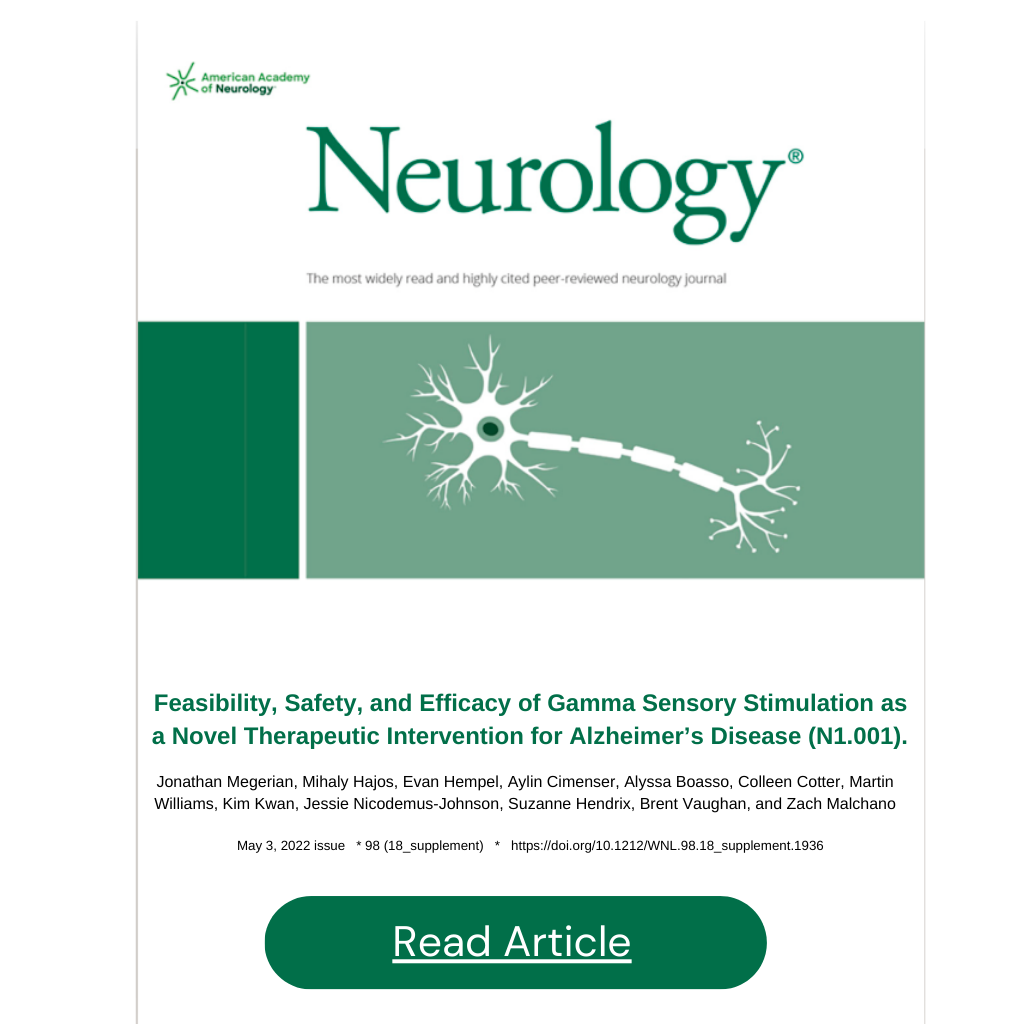Scientific Research
Our company has had the privilege of authoring, or sharing authorship, of many impactful publications, posters, and presentations. Pentara’s experts are frequently presenting our work at global and national conferences,

BrainStride Team’s Research Videos
Explore some short videos describing the technical side of our research.

BrainStride Team’s Research Articles
Our team has authored, or shared authorship, of hundreds impactful publications, posters, and presentations.
Understanding Brain Function
Your brain is a complex organ that controls thought, memory, motor control, emotions, vision, temperature, hunger, and more.1 There are tens of billions of specialized cells inside your brain called neurons. These neurons generate and send electrical and chemical signals to other parts of your brain, organs, and muscles, resulting in sensations, movements, thoughts, memories, and feelings.2 It is reported that each neuron may have as many as 7,000 connections with nearby other neurons in the brain.3 These connections help guide your brain’s ability to think, process experiences, and develop memories, and control automatic functions like telling your lungs to breathe, heart to pump blood, and stomach to digest the food you eat.

The Aging Brain
As we age, our bodies change, including losses of muscle mass and strength, as well as a slowing of our metabolism. However, we can slow the rate of these changes through movement, healthy nutrition, and other lifestyle changes.
Just like the muscles in our body lose strength and size (atrophy), so does our brain’s ability to function optimally as we age. However, like our muscles, we are also able to improve our brain, developing new neurons and implementing healthy behaviors that support brain health.2
Researchers have sought to identify a specific time or trigger that leads to loss of memory and brain function, and what causes it to occur more rapidly for some people. Recent studies have identified that brain changes are first seen around age 44. Brain changes that lead to decline usually happen fastest around age 67 and level off around age 90, with the exact age and rate of decline differing for each person.
People who present with more memory and thinking problems than other people their age may have mild cognitive impairment, (MCI) which puts them at greater risk of developing Alzheimer’s disease or a related dementia. If acted upon, MCI symptoms may stay the same or even improve.4 However, Alzheimer’s is not a normal part of aging; it’s a disease that has no cure. It’s caused by complicated changes in the brain that start years before you see any signs. These changes damage and kill brain cells and their connections. Unfortunately, Alzheimer’s treatments typically are not initiated untill after symptoms appear, which is often decades after changes have begun happening in the brain.5
The ultimate goal is a cure for Alzheimer’s disease and other dementias. In the meantime, while we cannot prevent cognitive decline, research demonstrates there are actions you can take to delay the onset of decline and slow its progression once it starts. These actions are most effective if begun before symptoms of memory loss are identified, as early as your 40’s. Small behavior changes related to sleep, movement, socialization, keeping your mind engaged and challenged, supporting your hearing and vision, managing other health condiions like high blood pressure or cholesterol and diabetes, and optimizing your nutrition with thoughtful food choices and supplements, if needed.
Take steps today to protect your brain health. Your future self thanks you!

How Alzheimer’s Changes the Brain
The above video from the National Institute on Aging explains how the development of Alzheimer’s disease changes the brain.6

How Healthy Aging, MCI, and Dementia Differ7
If you or a loved one experiences symptoms of memory loss, discuss them with your doctor to learn how to best protect your brain health.
Taking steps to protect our brain health
You aren’t in this alone. Lifestyle changes can be hard, but we are here to help you find small, actionable changes you can make each day to protect your brain health. Start today to maximize the quality of your years ahead.
- John Hopkins Medicine. “Brain Anatomy and How the Brain Works.” Johns Hopkins Medicine, Johns Hopkins Medicine, 2025, www.hopkinsmedicine.org/health/conditions-and-diseases/anatomy-of-the-brain.
↩︎ - National Institute of Neurological Disorders and Stroke. “Brain Basics: Know Your Brain | National Institute of Neurological Disorders and Stroke.” Www.ninds.nih.gov, 2023, www.ninds.nih.gov/health-information/public-education/brain-basics/brain-basics-know-your-brain. ↩︎
- National Institute on Aging. “What Happens to the Brain in Alzheimer’s Disease?” National Institute on Aging, 19 Jan. 2024, www.nia.nih.gov/health/alzheimers-causes-and-risk-factors/what-happens-brain-alzheimers-disease. ↩︎
- Alzheimers.gov. “What Is Mild Cognitive Impairment? | National Institute on Aging.” Www.nia.nih.gov, 1 Apr. 2024, www.alzheimers.gov/alzheimers-dementias/mild-cognitive-impairment. ↩︎
- Antal, Botond B., et al. “Brain Aging Shows Nonlinear Transitions, Suggesting a Midlife ‘Critical Window’ for Metabolic Intervention.” Proceedings of the National Academy of Sciences, vol. 122, no. 10, Proceedings of the National Academy of Sciences, Mar. 2025, https://doi.org/10.1073/pnas.2416433122. ↩︎
- National Institute on Aging. “How Alzheimer’s Changes the Brain.” YouTube, 3 Oct. 2024, www.youtube.com/watch?v=hEw1Yq_4PaA. ↩︎
- Alzheimers.gov. (2024, April 1). What Is Mild Cognitive Impairment? | National Institute on Aging. Www.nia.nih.gov. https://www.alzheimers.gov/alzheimers-dementias/mild-cognitive-impairment ↩︎